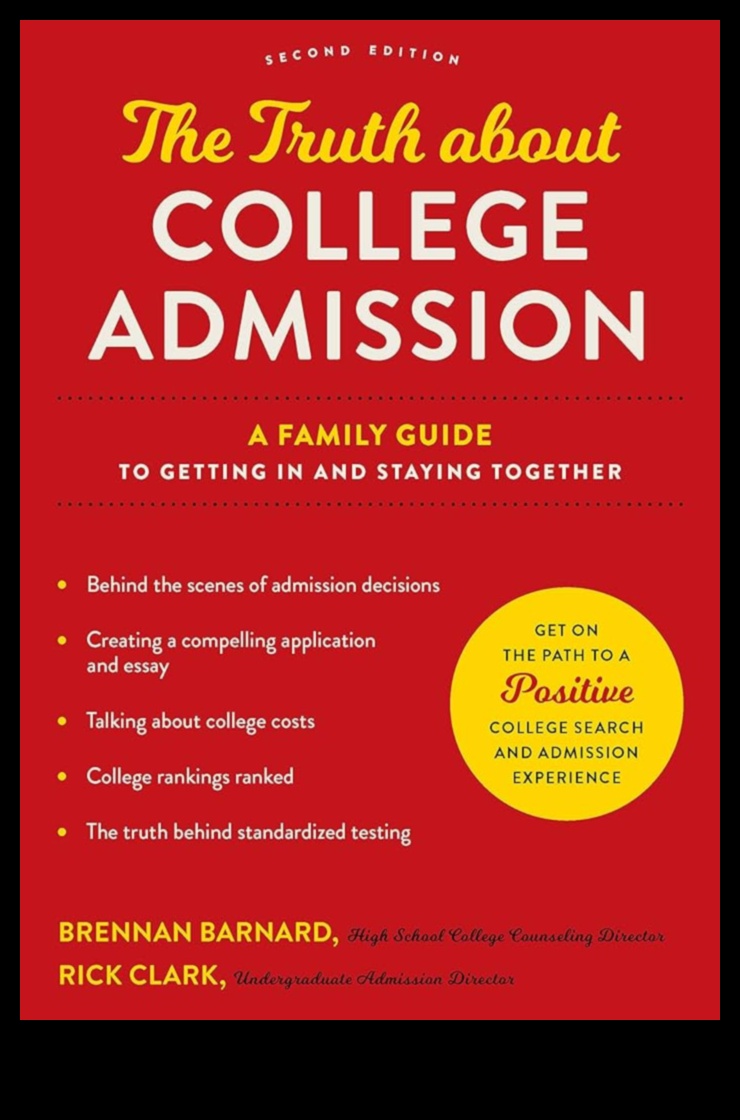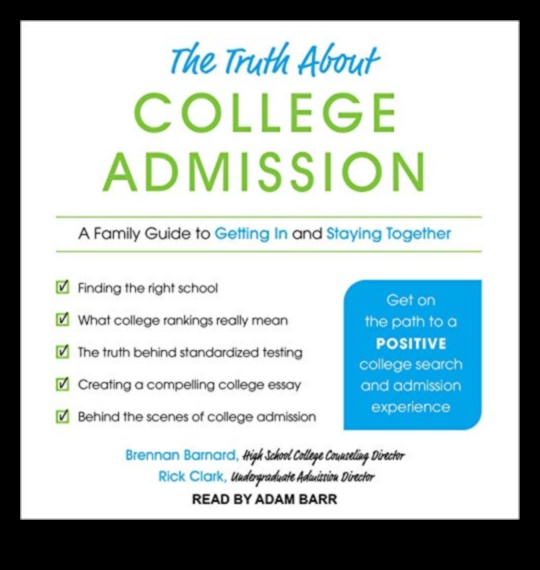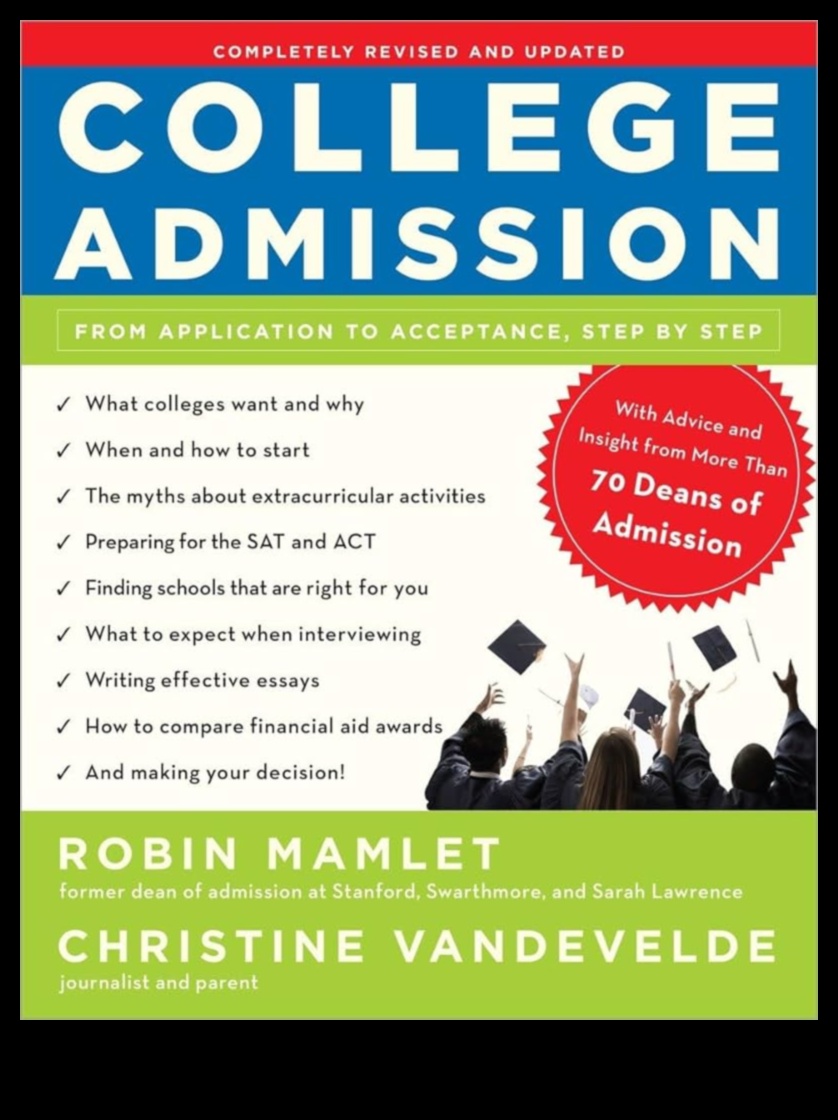
I. Introduction
II. What is the admissions process?
III. How to prepare for the admissions process?
IV. What are the different types of admissions criteria?
V. How to write a strong personal statement?
VI. How to prepare for an interview?
VII. How to deal with rejection
VIII. What are the different types of financial aid?
IX. How to apply for financial aid?
X. FAQ
| Feature | Answer |
|---|---|
| College admissions | What is the admissions process? How to prepare for the admissions process? What are the different types of admissions criteria? How to write a strong personal statement? How to prepare for an interview? How to deal with rejection |
| College life | How to choose a college? What to do on your first day of college? How to make friends in college? How to study effectively in college? How to manage your time in college? How to deal with stress in college? |
| Graduate school | What is graduate school? How to choose a graduate school? How to prepare for the GRE? How to write a strong graduate school personal statement? How to prepare for a graduate school interview? How to deal with rejection from graduate school |
| Higher education | What is the difference between college and university? What are the different types of higher education institutions? How to pay for college? How to get financial aid for college? How to apply for college loans? |
| Student loans | What are student loans? How to choose a student loan? How to apply for a student loan? How to repay a student loan? How to avoid student loan debt |

II. What is the admissions process?
The admissions process for college or university can be complex and daunting, but it is important to remember that it is also a process that is designed to help you find the best possible fit for your academic and personal goals.
The admissions process typically begins with you submitting an application to the college or university of your choice. This application will typically include your academic transcripts, standardized test scores, a personal statement, and letters of recommendation.
Once your application has been submitted, the admissions committee will review it and make a decision about whether or not to admit you. This decision will be based on a number of factors, including your academic record, your extracurricular activities, and your personal statement.
The admissions process can be a long and stressful one, but it is important to remember that it is also a very important one. The college or university that you choose will have a significant impact on your academic and personal life, so it is important to take the time to find the best possible fit for you.
III. What is the admissions process?
The admissions process is the process by which colleges and universities select students to enroll. The process typically begins with students submitting an application, which includes their academic transcripts, test scores, and personal statements. Colleges and universities then use this information to select a pool of applicants to interview.
The interview process is an opportunity for colleges and universities to get to know you better and to see if you would be a good fit for their school. During the interview, you will be asked questions about your academic interests, extracurricular activities, and goals for the future.
After the interview process, colleges and universities will make a decision about whether to admit you to their school. Admissions decisions are based on a variety of factors, including your academic record, test scores, personal statements, and interview performance.
IV. What are the different types of admissions criteria?
There are a variety of factors that colleges and universities consider when making admissions decisions. These factors can include, but are not limited to:
- Academics: Your GPA, test scores, and course rigor are all important factors in the admissions process.
- Extracurricular activities: Colleges and universities want to see that you are involved in extracurricular activities that you are passionate about.
- Personal statement: Your personal statement is an opportunity for you to share your story and why you want to attend the college or university.
- Letters of recommendation: Letters of recommendation from teachers, coaches, or other mentors can help colleges and universities get a better sense of who you are as a person.
- Interviews: Some colleges and universities may require you to interview with an admissions officer or faculty member.
Each college or university has its own unique admissions criteria, so it is important to do your research and find out what factors are most important to the schools you are interested in.
V. How to write a strong personal statement?
The personal statement is an important part of your college application. It is your chance to show admissions officers who you are and what you are passionate about.
Here are some tips for writing a strong personal statement:
- Start by brainstorming ideas about yourself and your experiences. What are you passionate about? What are your goals? What makes you unique?
- Once you have a few ideas, start writing a rough draft of your personal statement. Be sure to include specific examples to support your points.
- When you are finished writing your rough draft, take some time to revise it. Make sure your writing is clear and concise, and that your grammar and punctuation are correct.
- Finally, have someone else read your personal statement and give you feedback.
Writing a strong personal statement takes time and effort, but it is worth it. A well-written personal statement can help you stand out from the competition and get into the college of your choice.

VI. How to deal with rejection
Rejection is a difficult experience, but it is important to remember that it is not the end of the world. Here are some tips for dealing with rejection:
- Don’t take it personally.
- Remember that you are not alone.
- Take some time to grieve.
- Reassess your goals and make a new plan.
- Don’t give up.

VII. How to deal with rejection
Rejection is a part of life, and it’s something that everyone experiences at some point. It can be especially difficult to deal with when it comes to college admissions, as it can feel like your dreams have been shattered. However, it’s important to remember that rejection is not a reflection of your worth as a person. It simply means that you were not the best fit for that particular school.
Here are some tips for dealing with rejection:
- Allow yourself to grieve. It’s okay to feel disappointed and even angry after being rejected from a school. Allow yourself to process your emotions in a healthy way.
- Talk to someone you trust. Talking about your feelings can help you to process them and to feel better.
- Remind yourself that you are not alone. Everyone experiences rejection at some point.
- Consider other options. There are many other great schools out there that would be a good fit for you.
- Focus on your strengths. What are you good at? What are you passionate about? Find a school that will help you to reach your full potential.
Rejection is not the end of the world. It’s simply a setback. Use it as an opportunity to learn and grow. Ultimately, it will make you stronger and better prepared for the future.
What are the different types of financial aid?
There are many different types of financial aid available to students, including scholarships, grants, loans, and work-study programs. Each type of financial aid has its own set of criteria and requirements, so it’s important to do your research to find the best options for you.
Scholarships are awarded based on academic merit, extracurricular activities, or financial need. Grants are awarded based on financial need, and do not need to be repaid. Loans are borrowed money that must be repaid with interest, and work-study programs allow students to earn money while they attend school.
The amount of financial aid you receive will depend on your individual circumstances, such as your family income, your academic achievements, and your course of study. To find out what financial aid you qualify for, you should fill out the Free Application for Federal Student Aid (FAFSA).
The FAFSA is a form that you submit to the U.S. Department of Education each year. The FAFSA is used to determine your eligibility for federal student aid, such as Pell Grants and subsidized loans.
You can submit the FAFSA online at fafsa.gov. The FAFSA opens on October 1 each year, and the deadline to submit the form is usually June 30.
If you have any questions about financial aid, you should contact your school’s financial aid office. The financial aid office can help you find out what financial aid you qualify for, and they can also help you apply for financial aid.
IX. How to apply for financial aid?
Financial aid is available to help students pay for college. There are many different types of financial aid, including scholarships, grants, loans, and work-study programs. The amount of financial aid you receive will depend on your financial need and the type of school you are attending.
To apply for financial aid, you will need to fill out the Free Application for Federal Student Aid (FAFSA). The FAFSA is available online at fafsa.gov. You can also apply for financial aid through your college or university’s financial aid office.
The FAFSA is due on January 1, 2023 for the 2023-2024 academic year. However, some colleges and universities have earlier deadlines. Be sure to check the deadlines for the schools you are interested in.
Once you have submitted your FAFSA, you will receive a Student Aid Report (SAR). The SAR will show you how much financial aid you are eligible for. You will need to use the SAR to complete the financial aid applications for the schools you are interested in.
The financial aid process can be complex, but it is important to complete it in order to get the financial help you need to pay for college. If you have any questions about the financial aid process, be sure to contact your college or university’s financial aid office.
X. FAQ
Q: What is the difference between a college and a university?
A: A college is a smaller, more specialized institution of higher education that typically offers undergraduate degrees. A university is a larger, more comprehensive institution of higher education that offers both undergraduate and graduate degrees.
Q: What is the best way to choose a college or university?
A: There are many factors to consider when choosing a college or university, including the size, location, academic programs, and financial aid options. It is important to find a school that is a good fit for your individual needs and interests.
Q: How much does it cost to go to college?
A: The cost of college varies depending on the school, the program of study, and the financial aid available. The average cost of tuition and fees at a four-year public college is over $10,000 per year, and the average cost of tuition and fees at a four-year private college is over $25,000 per year.